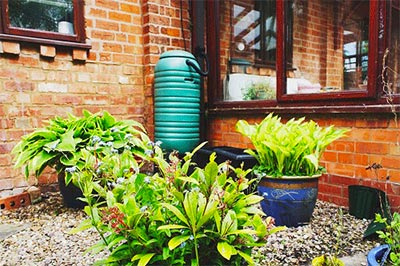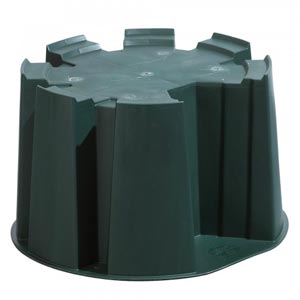Rain Is Good
When you ask people what they dislike about England (aside from political issues), the most common answer is indeed the weather. And to be more specific, the rain. The unrelenting rain that can ruin even the nicest of days.
Now it’s easy to see why people hate the rain; it disrupts outdoor jobs, even those in the home such as landscaping or tackling an overgrown garden. Talking work, it makes commuting problematic (as if it wasn’t already), would you believe they still haven’t figured out leaves on the line. We can effectively handle leaves in the garden with a leaf blower and leaf collector. This just makes the entire day gloomy and in some aspects quite sad. But as we live in the UK, we’ve almost learnt to deal with it and just accept that it’s one of those things that happen frequently, despite how much it angers us.
But really, we should actually appreciate the rain rather than frown upon it(even if we don’t get a barbecue), especially avid gardeners like ourselves. Why, you ask? Well for a whole host of reasons that we’ve explained below.
Rain is BENEFICIAL to the garden and the environment
 Excluding acid rain, which can cause damage over time, and the slugs need dealing with; regular rain water is actually beneficial to the environment and – more importantly to us – the garden! But why is this naturally occurring weather so good, several reasons…but before we look closely, it certainly solve the long standing debate of what time is best to water a garden as well as the best way!
Excluding acid rain, which can cause damage over time, and the slugs need dealing with; regular rain water is actually beneficial to the environment and – more importantly to us – the garden! But why is this naturally occurring weather so good, several reasons…but before we look closely, it certainly solve the long standing debate of what time is best to water a garden as well as the best way!
In comparison to tap water, rain water is far less harsh due to the lack of chemical additives which are usually incorporated into tap water during the filtration process. Dependent upon where you live, tap water has varying levels of mineral content; usually defined loosely as ‘hard’ or ‘soft’ water areas. You can see what type of water is in your area by having a look at this map.
Those living in an area which has considerably ‘hard’ water are at a disadvantage due to the high content of calcium and/or magnesium in the water; and those with ‘softer’ water face problems with high salt levels. Both can wreak havoc on soil quality and planting if used consistently for a period of time. Harder water is associated with leaving calcium deposits on the top of soil which can affect the pH balance(this is where a soil tester is handy) and lead to growth issues with certain plants (this is characterised by white rings appearing on the surface). Softer water leads to salivation – where the salt content of soil continues to increase above a preferred level for plants and crops. This will have a detrimental effect on growth and yields whilst also slowly causing soil erosion.

Whereas, in comparison, rain naturally contains a good balance of nutrients and minerals which is healthy for soil, plants and crops. Due to this natural balance and a lack of chemical cleansers or disinfectants, there is no chance of any build-ups in deposits or erosion occurring. This also applies to the carpet of our gardens – the lawn; it absolutely thrives on rain water! A drought will damage lawns.
Not to mention the added benefits to the environment of letting natural rainwater do the job of watering your garden instead of using a mains supply as the source. Even better, you could look at installing a water-butt to make the most of all the downpours in the UK; they’re easy to install and there’s a lot of benefits associated with having one. You can use a water butt in conjunction with a watering can and rose.
So, whilst it’s a sad thought that the majority of the nation actually despises the rain, it does play its role both in the environment and our gardens; and for that we should be grateful!
